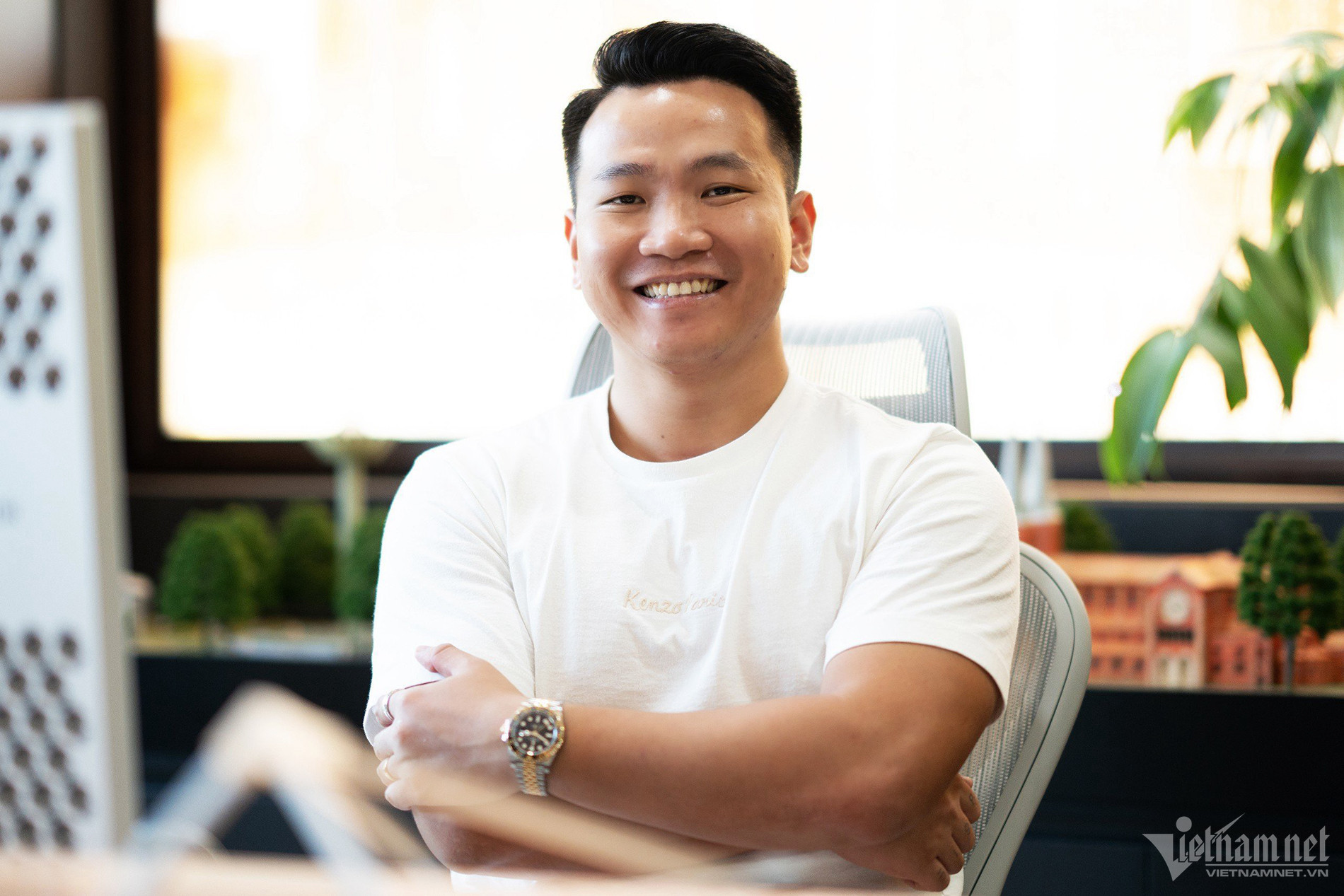
According to Triple A, 21 percent of Vietnamese people own VAs. Other reports show similar results. Do they truly reflect the real situation in Vietnam?
Triple A’s report mentions the ownership ratio. In my opinion, the proportion of Vietnamese people accepting VA in Vietnam is higher. If Vietnam has 21 percent of population owning VA, the VA acceptance ratio must be higher than 42 percent.
With my experience, I believe that the reports truly reflect what is happening in Vietnam. This is not a surprise at all, because in previous reports, Vietnam always was among the top countries accepting blockchain technology and VAs.
In fact, blockchain is not the first technology Vietnamese have showm an interest in. Vietnamese people have always been pacesetters in internet use, online games and monetization model on social networks such as YouTube, Facebook and e-commerce. Vietnam has a high number of young people who have a passion for new technologies and venture investments.
What benefits will Vietnam’s economy receive if many people are interested in VAs?
Vietnamese people have known about VA types for a long time, since the cryptocurrency wave which appeared in 2017. The majority of people in the crypto market who own VAs belong to one of two groups, either investors or traders.
In 2021, when some blockchain-based games turned up, the third group took shape – gamers.
Blockchain was created to serve everybody, not just these three groups of people. Therefore, in the future, where there are more apps on Web3 space, the blockchain acceptance ratio in Vietnam will be much higher.
Twenty years ago, people had to attend training courses on informatics to obtain A-level certificate to use computer with basic skills. Nowadays, no one grants certificates on using smartphones. Technology then becomes intangible.
Reports all show a high proportion of people owning VAs in Vietnam. Do you think it is a big problem if Vietnam still has no legal framework to manage VAs?
Ninety Eight set up its head office in Vietnam because we want to pay tax to the state. There are many startups in blockchains, including technology unicorns. The quality of the Vietnamese workforce in blockchain is high enough to compete equally with the rest of the world.
Do you think that it is necessary to tax bitcoins and VAs?
I think this is quite feasible.
Trong Dat